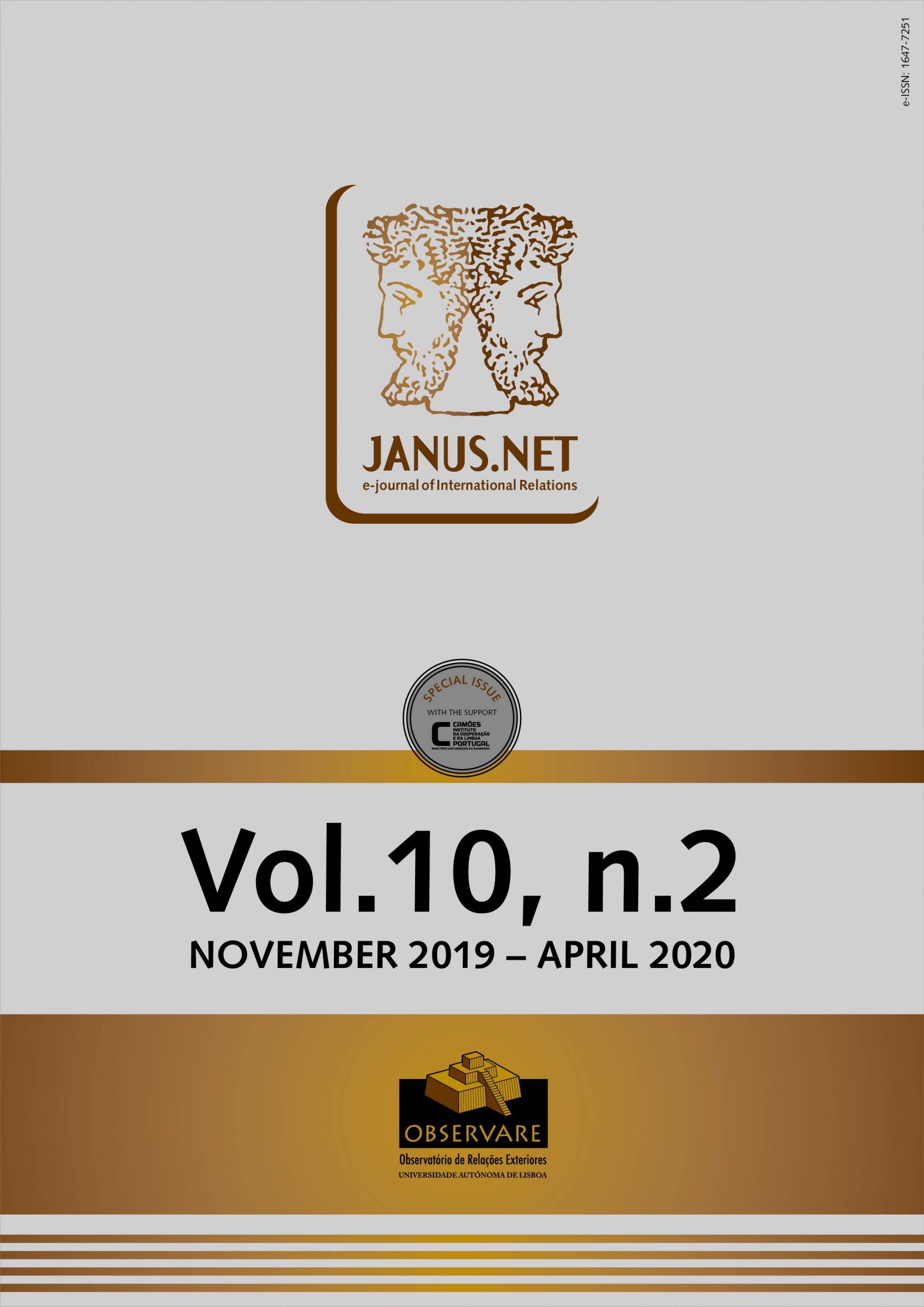The armed conflict that has erupted in Ukraine in 2014 has been affecting the way the states involved interact and how they seek to implement certain narratives in a new regional political context. While Russia has taken a more assertive stance in its neighbourhood through a narrative that seeks to contradict Western values promoted by the European Union (EU), the latter has shown some difficulty in presenting a coherent narrative in the face of developments over the past five years. In this sense, this article proposes to analyse the EU-Russia interaction, using as a case study the incident involving the crash of the Malaysia Airlines civil aircraft MH17. The analytical perspective combines elements of Role Theory – which here focuses on the interaction of states on the basis of certain expectations regarding their internal (national) and external (regional/international) roles – and Strategic Narratives. The differences between issue narratives (including regarding the Bellingcat Investigation Team narrative), system narratives and identity narratives are explored. The argument presented here is that the externalization of the EU issue narrative has emerged in two distinct ways – one more moderate in its official stance as an institution; another more assertive from the point of view of the work done by the East Stratcom Task Force (EATF). This ends up creating some dissonance in the way the European Union designs its narrative, and misalignment with the EU’s narrative identity as a role state.
EUROPEAN UNION, RUSSIA AND THE MH17 CASE: STRATEGIC NARRATIVES’ ANALYSIS (2014-2019)*
Master degree student in International Relations at the School of Economics and Management, University of Minho, Braga, Portugal and holder of a Bachelor Degree in Communication Sciences from the University of Porto. His research interests include EU-NATO relations with Eastern European countries, including Russia.
Integrated member of the Research Centre in Political Science (CICP) and Professor of the Department of International Relations and Public Administration, School of Economics and Management, University of Minho, Portugal. She has a Ph.D. in Political Science from the University of Erlangen-Nuremberg (Germany) and was Visiting Researcher at the Finnish Institute of International Affairs, at the Institute for Strategic and International Studies (Lisbon), and at the Catholic University of Leuven. She received scholarships and research grants from the Chair Inbev-Baillet Latour; Hanns-Seidel-Stiftung; Haniel-Stiftung; Compania di San Paulo, Riksbanken Jubileumsfond and Volkswagen-Stiftung foundations, as well as from the Foundation for Science and Technology. Her book 'Russland, Belarus und die EU-Osterweiterung' was published by Ibidem-Verlag, and her articles were published in the Europe-Asia Studies, Post-Soviet Affairs, EIOP Cambridge Review of International Affairs, and International Spectator journals, among others. Alena Vieira has also published several briefing papers and reports for EU institutions and think-tanks (orcid: 0000-0002-5643-0398).
Resumo
Palavras-chave
Como citar este artigo
Ramos, Paulo; Vieira, Alena (2019). “European Union, Russia and the MH17 case: strategic narratives’ analysis (2014-2019)”. JANUS.NET e-journal of International Relations, Vol. 10, N.º 2, November 2019-April 2020. Consulted [online] on the date of the last visit, https://doi.org/10.26619/1647-7251.10.2.4
Article received on 29 November, 2018 and accepted for publication on 22 May, 2019















